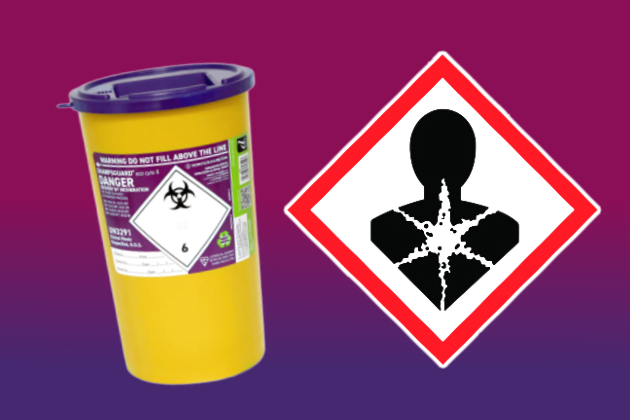While every member of the nursing community hopes that blowing the whistle will never be necessary, mounting staff pressures can jeopardise patient safety.
It’s important to know when to speak up, how you're protected from any adverse consequences, and the support you can rely on.
What does being a whistleblower mean in practice? Isn’t it just raising concerns?
Not exactly, says Emma Greenbank, RCN Senior Legal Officer and solicitor. “Whistleblowing is set out in legislation and that’s the best way to understand what it means,” she says. “Raising a complaint or concern isn’t necessarily whistleblowing for the purposes of the law.”
The Public Interest Disclosure Act 1998 provides legal protections for whistleblowers who disclose wrongdoing in the public interest. To be a “qualifying disclosure” – which has the protection of the law – it should include one or more of these issues:
- a criminal offence, for example: fraud, abuse or theft
- danger to someone’s health and safety – “almost all the cases we deal with involve this issue,” says Emma
- risk or actual damage to the environment
- a miscarriage of justice
- the organisation is breaking the law
- you believe someone is concealing wrongdoing, which must relate to one of the categories above.
You can make a disclosure about an issue that’s happened at any time, including if you think it’s likely to happen in the future.
What rights do I have as a whistleblower?
“Whistleblowing is a protected disclosure,” says Emma.
“This means you have legal protection and shouldn’t be treated detrimentally or lose your job because you’ve disclosed wrongdoing,” she continues.
Detriment may mean being treated worse than before or having your situation made worse, says Acas in its guidance.
Examples of detriment include:
- having your working hours reduced
- being bullied
- experiencing harassment
- having your training requests refused without a good reason.
“If you feel you’ve been treated detrimentally because of your protected disclosure, the legislation allows you to bring a complaint to an employment tribunal,” says Emma. “If you’re sacked, you may be able to bring a claim for unfair dismissal.”
You still have legal protection even if you no longer work for the organisation
If either happens you must seek help quickly, she emphasises. “The deadline for making a claim to a tribunal is three months from the day of the detriment or when you’re dismissed,” she says.
Those who are protected under the law include all employees; those who are training, such as nursing students; and agency workers. You still have legal protection even if you no longer work for the organisation you’re making a disclosure about.
How the RCN supported a newly registered nurse
A newly registered nurse working at a care home raised a variety of concerns with her line manager, involving incidents that had taken place over several months.
These included changing care plans that put vulnerable patients at risk; deteriorating standards of patient care, relating to a lack of training and unsafe staffing levels; and a lack of reporting and documentation on adverse incidents. She felt that all were in the public interest as they related to the safety of staff, and the health, safety, and welfare of vulnerable residents.
Afterwards, she was subjected to detrimental treatment, including intimidating conduct towards her, a failure to offer the support she needed, and her eventual suspension and dismissal, following a period of sickness absence.
The RCN supported her case for unfair dismissal and her claim was settled for £20,000 at the very early stages of the tribunal process.
I’m considering whistleblowing. What steps should I take?
At the outset, it’s vital to read your organisation’s whistleblowing or raising concerns policy, advises Emma. “This should tell you what you need to do, including who to raise issues with in the first instance,” she says. Some larger organisations have freedom to speak up guardians who can provide advice and support. Find out more about this in our raising concerns toolkit.
If you still feel ignored or dissatisfied, consider raising it with external bodies
If you feel you’ve not been heard, go back to your local policy again for the next step. “This will probably involve going to a more senior manager,” Emma suggests. If you still feel ignored or dissatisfied with the response, you can consider raising it with external bodies, such as the Care Quality Commission (CQC), or regulatory bodies such as the General Medical Council (GMC) or Nursing and Midwifery Council (NMC).
During the process, make sure you document everything that takes place and what’s said, including keeping copies of emails, Emma urges. “If you are treated detrimentally or dismissed, to be able to make a legal claim we need proof and documentation of everything that has happened, including who said what and when,” says Emma.
Where can I get more advice?
Our raising concerns toolkit has a lot of helpful advice. This includes a decision-making tree to help you decide whether to raise a concern and when to escalate it, including the points at which you should seek RCN advice and support. There is also a separate decision-tree offering specific advice for nursing students.








